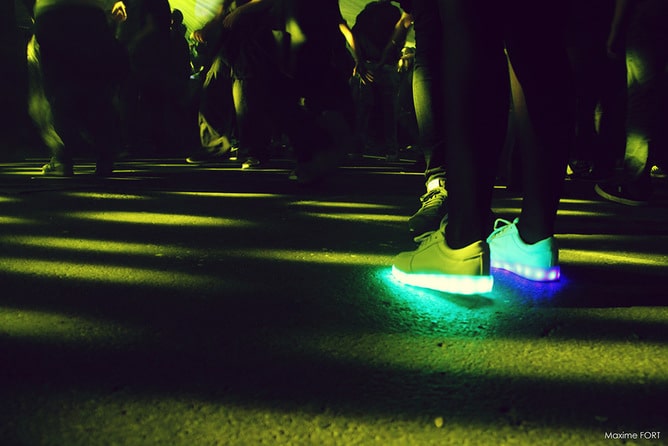The Congo and the Cold War
During World War II the US sought to secure all the uranium from the Shinkolobwe mine in present-day Democratic Republic of Congo for its atomic bomb project. The ore was the richest in the world. The US, determined to prevent any of it reaching Nazi Germany or later falling into the hands of the Soviet Union, took every precaution – including dispatching spies – to secure the supply of uranium. The story of this race for the ore is told in a newly published book, Spies in the Congo.




